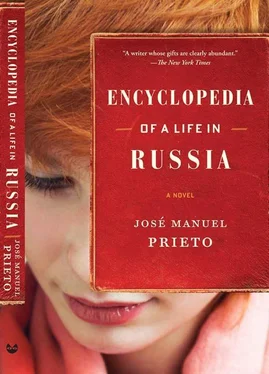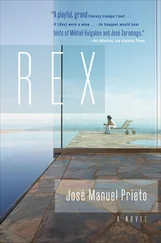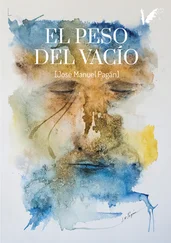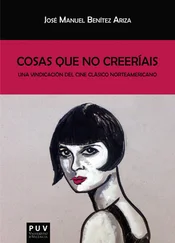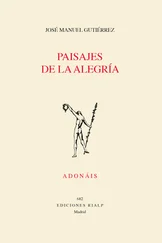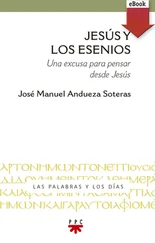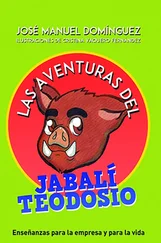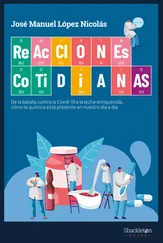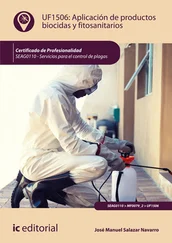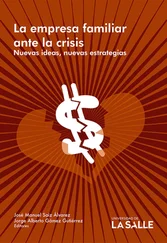AGLAIA AND MISHKIN. I decided to follow the flautist: the group leaving the Kazan Cathedral’s colonnade and setting out across the Nevsky Prospekt. The redheaded girl with a long overcoat thrown across her shoulders and two insignificant young men, trying to take her hand right there in full view, the rashness of youth.
As if they were valence electrons floating past a nucleus, ready to enter into reaction, THELONIOUS, who has some rudimentary knowledge of chemistry, maintains his distance from the trio, careful to keep his pulsating molecular mass out of sight. He watches them proceed along the bank of the canal and disappear into one of Saint Petersburg’s extraordinarily beautiful gardens. When he reaches it, his fingertip reflects on the tall gate’s Art Nouveau spirals, and he spies on them, wrought-iron flowers sketched in the foreground. He sees the girl sitting on a bench next to a tennis court. A great stroke of luck, for THELONIOUS has spent hours studying tennis players in their animal innocence.
I. I stood there a while, watching the girl brush her hair. With every stroke, she swept it back from her forehead so as not to lose herself within it. I edged along the expanse of grass and sat down beside her (no one else on that bench, recently painted a deep green). When she had completed her toilette, the girl suddenly tossed her head forward and the hair flew, brushing against my face (its scent). I managed to catch hold of a lock and held it before my eyes in wonder.
The girl gave a start from behind her red curtain and her eyes, partly concealed in the ochre penumbra, clearly informed me: “I do not speak to strangers in parks.” (And yes, strict Muscovite etiquette does prohibit such a thing, though in reality no one minds forming a friendship in the metro or in a department store, though never without alluding to the exceptional nature of the case.) Still, she ran her index finger from the roots to the ends to show me the uniform color.
“Forgive me,” I said. “I wished to ascertain something. Many women use henna and manage to achieve rather credible color by that means. I needed a closer look.”
“Come on! I can always tell when the color’s natural” (at last she spoke to me). “Just look at the roots.”
“Take this, please,” I held out my card: THELONIOUS MONK. “I work for a company with an interest in natural redheads. We’re planning to open a branch here in Saint Petersburg. May I — just one more time? Yes, I believe this is what we’re looking for.”
“ Cosmetics ?” the girl asked concisely, already thinking in English, too.
I hesitated. This way led to a dead end: boring sessions in the lab, diligent performance as a guinea pig.
“Please don’t lie to me,” she interrupted. I’d watched her lose her breath a while ago, in the cathedral. I had no doubt that she’d come with me, as in the end she did.
“Действительно, не знаю о чем это вы!” I answered, in a nineteenth-century Russian well suited to that garden. (“Indeed, Madam, I know not what you may be alluding to!”) “It’s the simple truth: we’re looking for Slavic faces: high cheekbones, rounded noses. But it’s your hair that interests us most.”
“Oh, God! You’re lying! I know it! Tell me more.”
I wavered a moment and she stood up, ready to walk away.
“Sorry, I’ve got to go.” She opened her purse and extracted a black velvet ribbon to tie back her hair.
“Look: I saw a book just now, in your bag. I knew you’d understand my proposal. . And the black ribbon, it’s lovely. .”
One of the boys, the overcoat’s owner, was returning to the bench holding two ice creams. Seeing me talking to his lady friend, he managed, with some effort, to articulate: “Nastia, you left my overcoat over there!” (Meaning: my friendship, my love for you. Me, who brings you ice cream!)
“No, I didn’t; I was watching it from here.”
LINDA’S real name was Anastasia. I realized this at once, even as I realized that Anastasia was LINDA, but her friend’s sad eyes troubled me. I explained this to the girl in a low voice. She asked me in English, “ I tell him go way? ”
I shrugged. LINDA took his arm and steered him away from the bench. They whispered energetically. Finally she ordered him to leave with a strong push, delivering it as if she were a forward for the Dynamo Moscow team. I’ve seen many Russian women do this. She went rigid, stepped back two body widths and shoved all fifty-five kilos of herself toward him. The boy lost his balance without taking his eyes from hers. He formulated a terrible insult—“Whore for tourists!”—and took off across the lawn, fast. This was certainly not, for example, the early-morning exchange between AGLAIA AND MISHKIN, the idiot prince, on the little green bench. But neither was it bad, for starters.
AGRICULTURE ( as practiced in VILLAGES). The trees are so richly fragrant in the VILLAGE, and not in some distant past either, but right now. Like Anglo-Saxon America, the Grand Duchy is a great nation of immigrants. But these people have exchanged their Arcadias for a big-city Hades where they never should have ventured. The little clerk, who last night in his dreams drank full-cream milk fresh from the cow, knots his tie this morning with somnambulant fingers and it comes out far too short: a stubby Roman sword dangling over his round belly.
Muzhiks from Ryazan, hunters from the taiga, nomadic Kalmyks from Mongolia, all flung into the city’s deep pit. Thousands, millions have fallen here, around the young gentry on their promenade, amid urchins who shout to their rustic friends: “Hey there! You! VILLAGER.”
Since Russia is a country where nothing grows during the harsh half-year of winter, the eternal, obligatory question asked of the foreigner is: что у вас растет? (What grows in your country? You’re not expecting famine this year? Et cetera .) Being from the tropics, where everything flourishes so exuberantly and we don’t have HARD FROSTS, I would have to reply, “Millet, rye, artichokes, peas; raspberries in summertime, mushrooms in the fall.”
AQUA VITAE. I reached out my hand, fingers fanned wide to indicate that I wished to see her ring. (I was losing momentum every second; the simple gesture of raising my elbow and extending my arm had cost me time, my hand creeping between the plates of salad to reach hers, adorned with the hypnotic stone.) Once aware of my interest, she stopped fluttering her right hand and offered it to me for a long moment of inspection. Then, seeing I was not content with simply admiring the ring on her finger, she took it off and handed it over with a smile, her ten red-enameled nails again describing a sphere, a wonder, the enormity of something.
The ring fit perfectly onto my fourth finger — the gold, the blue stone. Calmer now, I relaxed and settled back in my chair, gazing at her openly. I’d heard she was called M** and I had her ring. In under a minute, she’d stopped swaying between us like a pendulum and had shot me a look of conciliation for the man in gray at her left. But the man in gray was my new friend, wasn’t he? I poured more AQUA VITAE — more vodka — for him and we clinked glasses. Suddenly animated, I sat up straight to propose a toast to friendship — my chin raised high — and, like a maladroit harlequin, under the poor cover of my own sleeve, gave the woman between us an energetic wink, a wink everyone saw — but what did that matter to me? Et cetera.
I caught up with her in the vestibule and she turned to meet me. She was wearing a knit dress with a high neckline, a delicate golden cross dangling low on her chest. I pulled her to me but lost her mouth halfway there, my teeth colliding with another blue stone near her neck, the softness of an earlobe. I perceived clearly that her lips (propelled by the same impetus onto my cheek) were parted and a voice — hers, but much more serious — begged me twice: “На улицу, на улицу!” (Let’s go outside!)
Читать дальше
